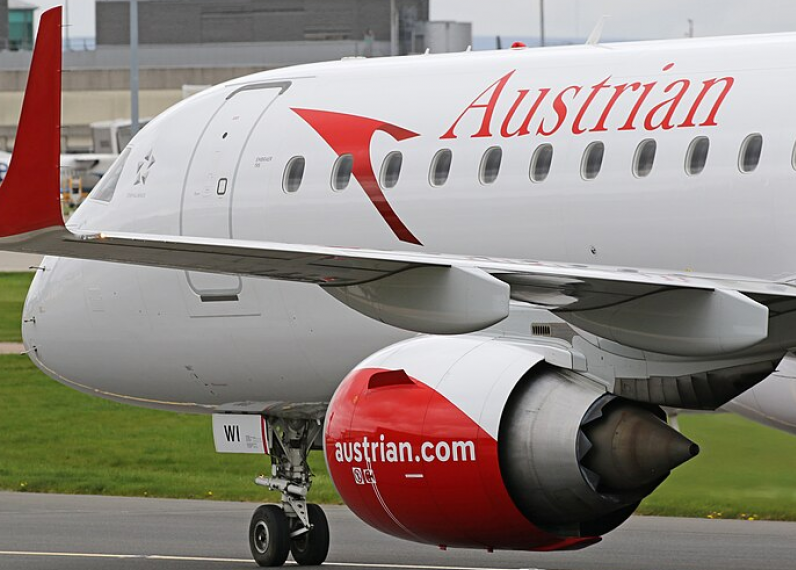[ad_1]
WASHINGTON (Reuters) – Major U.S. airlines are bumping far fewer passengers from overbooked flights after a high-profile incident in April prompted the industry to reassess its practices, the U.S. Department of Transportation (DOT) reported on Thursday.
The government reported the rate of involuntary bumping passengers among the 12 largest U.S. carriers fell to 0.15 per 10,000 passengers in the three months ended Sept. 30 – the lowest quarterly rate dating back to 1995 – and down sharply from a rate of 0.69 in the same period last year.
The involuntary bumping figure does not take into account passengers who agree to give up their seats in exchange for compensation. The DOT said the total number of passengers giving up their seats fell nearly 35 percent to 74,358 in the three months ended Sept. 30, down from 114,119 in the same period last year, even as the overall number of passengers rose.
Eight of the 12 major airlines – including the four largest airlines – also reported cutting the number of people who voluntarily gave up their seats.
United Continental Holdings Inc (UAL.N) executives apologized in April after Dr. David Dao, 69, was dragged down the aisle of a plane in Chicago in an ugly incident that sparked outrage and prompted Congress to hold hearings to consider new passenger protections.
In the wake of that incident, United increased its maximum incentive to $10,000 for volunteers on overbooked flights and vowed to decrease instances of involuntary denied boarding to “as close to zero as possible.”
The DOT report said United has slashed its involuntarily bumping rate by more than 90 percent. In the three-month period ended Sept. 30, United involuntarily bumped 103 of 25.1 million passengers – a rate of 0.04 bumped per 10,000 passengers.
By comparison, United bumped 1,074 of 23.4 million passengers in the year-ago period for a rate of 0.46 per 10,000 passengers.
Southwest Airlines (LUV.N) said in April it would no longer overbook flights. The company had the highest forced bumping rate among large U.S. carriers in 2016, according to DOT data.
Southwest cut its number of overbooked passengers in the third quarter to 1,499 from 4,582 a year ago.
Prior to the United incident, just one of the major U.S. carriers, JetBlue (JBLU.O), had a policy explicitly stating it would not overbook flights. JetBlue overbooking fell to just 18 passengers in the three-month period from 1,313 a year ago.
Delta Air Lines (DAL.N) also announced it would increase its maximum passenger incentive to $9,950. It had the lowest involuntary bumping rate in the most recent three-month quarter, bumping 29 passengers compared with 306 in the same period last year.
American Airlines (AAL.O), the world’s largest carrier, bumped just 312 passengers in the recent three-month period, compared with 2,156 in the 2016 quarter.
Reporting by David Shepardson, editing by G Crosse
[ad_2]
Source link






Leave a Reply